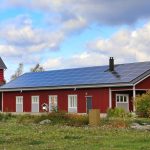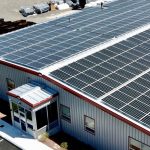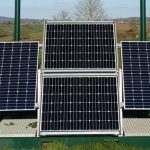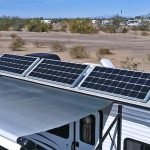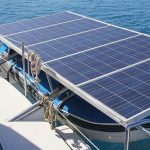Home solar power generation system scheme
Home solar power generation system description
Home solar power generation systems provide a reliable, economical, and environmentally friendly power solution for homes, especially in areas with insufficient grid coverage or high electricity costs. With technological advancements and cost reductions, solar off-grid power generation systems will play an increasingly important role in home power supply, helping households reduce electricity costs, improve power supply stability, and enhance emergency response capabilities.
Actual Pain Points Analysis for Home Power Supply
The demand for household electricity is growing, and in areas with insufficient grid coverage or high electricity costs, home power supply faces the following challenges:
- Insufficient Grid Coverage: Families in remote areas may not have access to the national power grid, leading to unstable power supply and affecting daily life.
- High Electricity Costs: For families within the grid coverage, especially during peak hours, electricity bills are expensive, increasing household expenses.
- Unstable Power Supply: Power supply is hard to guarantee during grid instability or extreme weather conditions, affecting the comfort and security of homes.
- High Dependency on External Energy: Homes are highly dependent on external energy supplies, and any disruption can directly impact daily activities.
- Weak Response to Emergencies: In emergencies such as natural disasters, homes lack backup power, and life order is easily affected.
Advantages of Solar Off-Grid Power Generation Systems
Addressing the pain points of home power supply, solar off-grid power generation systems offer the following solutions:
- Enhance Energy Self-Sufficiency: Solar power generation systems can utilize the roofs or open spaces of homes to achieve self-sufficiency, reducing dependence on external energy.
- Reduce Long-Term Electricity Costs: The operation and maintenance costs of solar power generation systems are relatively low, helping to reduce long-term electricity costs for households.
- Improve Power Supply Stability: Solar systems can operate under various weather conditions, even generating some power on cloudy days, improving the stability of home power supply.
- Enhance Emergency Response Capabilities: Solar power generation systems are not dependent on external energy supplies, enhancing homes’ ability to respond to natural disasters and other emergencies.
- Environmental and Clean: Solar power generation is a clean energy source that does not produce pollution, helping to improve the quality of life for families.
Home solar power generation system Technical Implementation and Solution
- Home solar power generation system System Composition: Solar off-grid power generation systems mainly consist of solar panels, charge controllers, inverters, and batteries. Solar panels collect solar energy and convert it into electrical energy, charge controllers manage battery charging, inverters convert direct current to alternating current for home appliance use, and batteries store energy during nights or cloudy days.
- Home solar power generation system System Design: Based on the power needs and geographical location of homes, design an appropriate scale for the solar power generation system. Factors to consider include power consumption, duration of sunlight, climatic conditions, etc.
- Home solar power generation system System Practical Applications:
- Rooftop Solar Power: Installing solar panels on home roofs to provide daily electricity, reducing dependence on the power grid.
- Backup Power Supply: Solar power generation systems can serve as a backup power supply for homes, providing emergency electricity during power outages, ensuring basic electricity needs for homes.

